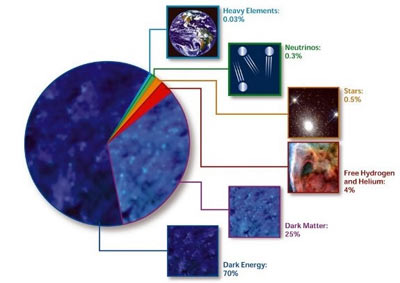Detecting Dark Matter
One of the outstanding questions that current exists in cosmology is that we know very little about what makes up the universe. Dark matter accounts for about 1/4 of the total matter in the universe, yet its nature and properties are still a mystery. Direct detection of dark matter has yet to be observed.
The MIT Neutrino and Dark Matter group is also involved in the Dark Matter Time Projection Chamber experiment (DMTPC) which aims to directly detect dark matter, in collaboration with BU and Brandeis. Our group employs a method by which the energy and direction of dark matter is recorded. Because dark matter and most backgrounds have very distinct directional signatures, such a technique is very powerful in discriminating dark matter candidates from other types of interactions. A prototype experiment is currently being constructed here at MIT's campus. For a virtual tour of the lab and prototype, click on the button below.
Members of the group also collaborate on the MiniCLEAN experiment, a liquid argon dark matter detector located more than a mile underground in SNOLAB, which is designed to search for nuclear recoils produced by elastic scattering of dark matter particles.
